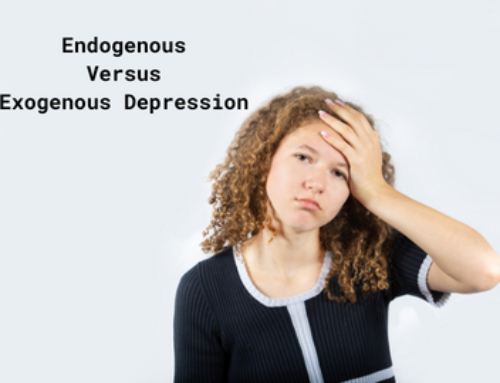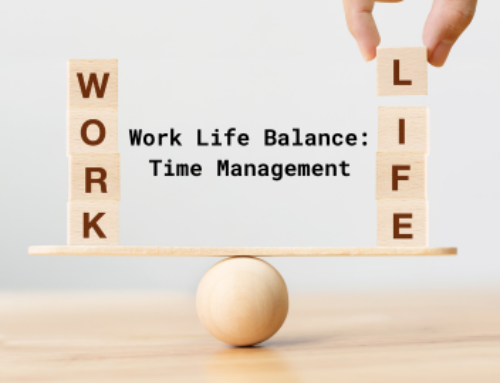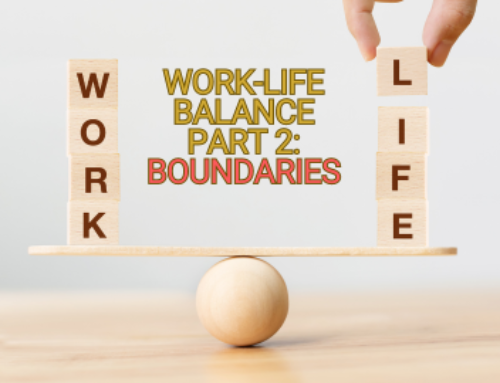The Alone and the Lonely
Rochester Holistic Psychiatry’s goal is for all of our friends to feel seen and cared for. We’re going to be covering several aspects of the COVID-19 pandemic and quarantine that impact mental health, and today’s focus is isolation.
In early 2020, millions of people were ordered to shelter in place and millions of businesses closed. Some people are able to move more freely again, and some are back under lockdown. One of the things about the pandemic that exacerbates depression is the isolation and loneliness that often accompanies quarantine.
Effects of Isolation
Isolation isn’t just about being alone. So many have been separated from their friends, loved ones, and contacts. Spouses have had to spend time apart due to illness or exposure. Children and young adults away at school have had to stay at school instead of going home. Isolation is so much larger than the space that surrounds us—it can span thousands of miles. Whether alone or in the presence of others, feelings of isolation and loneliness can cause and/or worsen:
- Sleep disturbances.
- Feelings of lethargy.
- A general low mood.
- Feelings of deep sadness, even despair.
- Lack of interest.
- Trouble with focus and short-term memory.
- Aches and pains.
These symptoms can manifest alone or as part of a new or existing mental illness. We treat many patients who experience these issues as part of their major depressive disorder (MDD).
Connecting in Quarantine
- Go outside in whatever way you can. Simply getting some outside air and sunlight is good for physical and mental health. Parks offer plenty of space and time with nature.
- Occupy yourself with activities that give you a sense of accomplishment. Use your energy wisely. If cleaning is your jam, do it. If you really like your job, work ahead. If you have time and want to start a side hustle, do it.
- As always, reach out. Ramp up the level of communication with your circle in a way that works for you. That could be in the form of video calls, phone calls, careful in-person meetings using masks and distancing, and more.
Help for Treatment Resistant MDD
If you have been diagnosed with MDD that is not or is no longer responding to treatment in a way that improves your quality of life, TMS may be an option for you. Read more about how TMS works and what it does for our patients in our blog and the pages linked. Contact us any time if you have questions.





